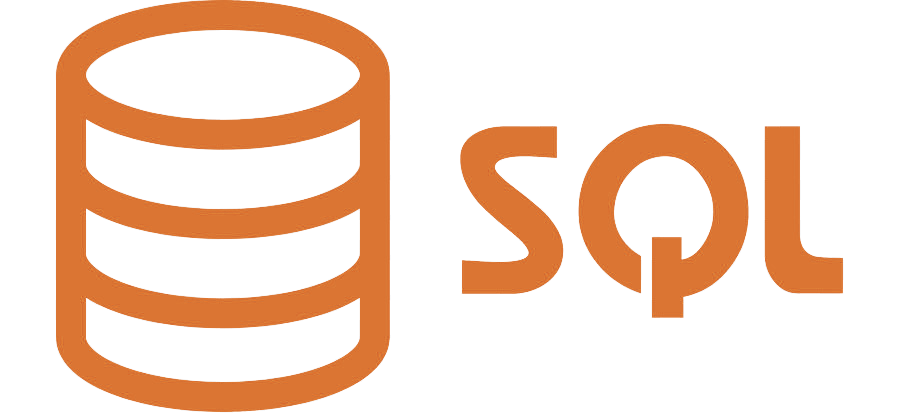Powered by ARTEFACT
SQL & BigQuery Beginner
Make the most of your data
Dive into the world of databases with SQL and BigQuery. At the end of the course, you'll be able to build analyses and reports, and extract and calculate KPIs from your customers' databases.

SQL & BigQuery Beginner
On request
Choose your session
Course description
This course gives you a complete introduction to SQL and the use of BigQuery, an essential data management tool for data warehousing. You will learn how to structure an SQL query, manipulate and analyse data to extract relevant insights, while respecting the best practices in the field.Objectives
On completion of this course, you will be able to :Public
This course is aimed at all audiences: Analytics, IT, Management, Business.Prerequisites
No prerequisites.Evaluation
–SQL & BigQuery Beginner
1. INTRODUCTION TO SQL & BIGQUERY
30 minutes
Key concepts of SQL and BigQuery
Introduction to the BigQuery interface and technologies
Discussion on data warehouses and the difference between structured and unstructured data
Relational models and entity-association relationship diagrams
A brief history of BigQuery, the language used by databases
2. SQL BASICS
1 hour
Understand what a query is and the fundamental concepts of the SQL language
Primary keywords and SQL language functions
Basic syntax for creating queries (SELECT, FROM, WHERE)
3. ADVANCED SQL QUERIES
2 hours
More in-depth knowledge of SQL queries with practical examples
Using ORDER BY, LIMIT and CASE statements
Techniques for applying SELECT & LIMIT to list the necessary data
Using DISTINCT to understand unique values
Filtering users by age using WHERE
Segmenting customers by age with CASE WHEN
4. SQL JOINTS
2 hours
Explanation of relational models and the importance of primary and foreign keys
Learn about the different types of JOIN (inner, outer, left, right) and their uses
Applying joins to combine data tables
Important considerations concerning joins to avoid common errors
5. SQL AGGREGATIONS
2 hours 30 minutes
Aggregating data with SQL functions
Grouping results with the GROUP BY query
Conditional filtering of groups using the HAVING query
Best formatting practices for indentation, comments, shortcuts, column order and joins

Like them, train your teams in data
Choose Artefact School of Data
to train your teams
Receive all the latest news from the School of Data.
Other training courses on the same theme
Up-skill your teams
FAQ
Do you have any other questions about Artefact School of Data? We'd love to hear from you.
Are our courses face-to-face and/or distance learning?
We recommend that you come to one of our face-to-face courses to be at the heart of the leader in Data and Artificial Intelligence. However, if you prefer or if you can't do otherwise, our courses can also be taken at a distance or as a hybrid! Everything is designed so that you can follow our courses from our classroom or from home, as you wish. We have made this choice to optimise your learning during the course.
What support is there to help you find a job?
Every day, our students have the opportunity to work alongside Artefact employeesone of the leaders in Data. This means that every day, they meet Data Scientists, Analysts, Engineers, Data Consultants and Data Marketing experts who make up their team. professional network and increase their chances of securing a future position with Artefact or with a partner.
In addition, we offer a Career Day to help you find a job. This includes workshops on job hunting, preparing CVs and LinkedIn profiles, as well as advice on technical interviews.
Who are the teachers?
Your tutors are Data Scientists, Analysts or Senior Engineers by trade. This is very important to us because they work at the very heart of one of the leaders specialising in Data and AI: Artefact. This means that the teachers are in daily contact with Artefact customers and are responding to real, current issues in the field. Our training courses are therefore designed around what they experience on a daily basis.
How do I apply for one of our courses?
The registration process is very simple: you apply directly for the course of your choice, explaining your motivations and describing your career path. You can also download the full programme and then make an appointment with us.
Are our training courses Qualiopi certified?
Our training courses are certified "Qualiopi pour l'action de formation".
















